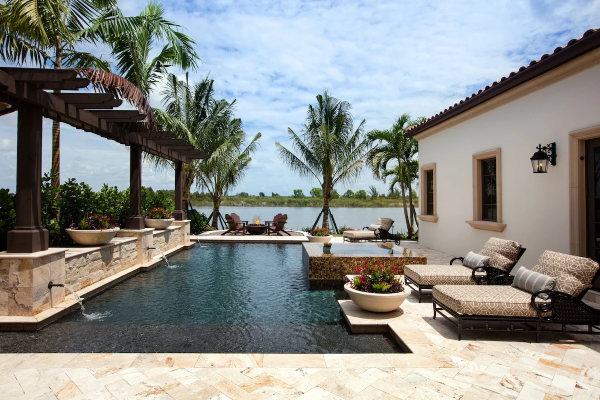
Pool Categories

Pool Categories Plant Processes
Pools can be categorized based on their ownership, access, and design. Public pools are owned by municipalities or government entities and are open to everyone, often serving the community with dedicated areas for activities like lap swimming or play. These pools are highly regulated for safety due to the large number of users. Semi-public pools, on the other hand, are restricted to specific groups, such as guests of hotels, residents of apartment complexes, or members of clubs. They offer a more controlled environment but still adhere to safety standards, albeit with less oversight compared to public pools. Private pools are owned by individuals and located on private property, typically in residential settings. Access is limited to the owner, family, and guests, with fewer regulations beyond basic safety requirements.
Public Pools
- Description: Public pools are owned and operated by governmental or public entities (like municipalities, cities, or local governments) and are open to the general public.
- Access: Anyone can use these pools, usually for a small fee or sometimes free of charge. They are designed to serve the community.
- Examples: City pools, public recreational centres, and community pools in parks.
- Usage: These pools often have specific areas for different activities, like lap swimming, play areas, or diving sections. They must follow strict health and safety regulations due to high foot traffic.
Semi-Public Pools
- Description: Semi-public pools are owned by private organizations or businesses, but they are made accessible to a specific group of people, not the general public.
- Access: These pools are typically restricted to members, guests, or residents of specific establishments.
- Examples: Hotel pools, apartment complex pools, country club pools, and pools at gyms or fitness clubs.
- Usage: These pools may also have areas for different activities, but they tend to be less crowded than public pools. They still follow certain health and safety regulations but often have less oversight than public pools.
Private Pools
- Description: Private pools are owned by individuals or families and are located on private property, such as a home.
- Access: Only the owners, their family, and invited guests can use these pools.
- Examples: Residential backyard pools or private estate pools.
- Usage: These pools are for personal use, and while they still need to adhere to basic safety standards (such as fencing and proper drainage), they have the least regulatory oversight compared to public or semi-public pools.
Each category requires different levels of maintenance, liability, and adherence to health regulations. Public pools generally have the most stringent rules due to their larger user base, while private pools are regulated primarily by local ordinances.
Public
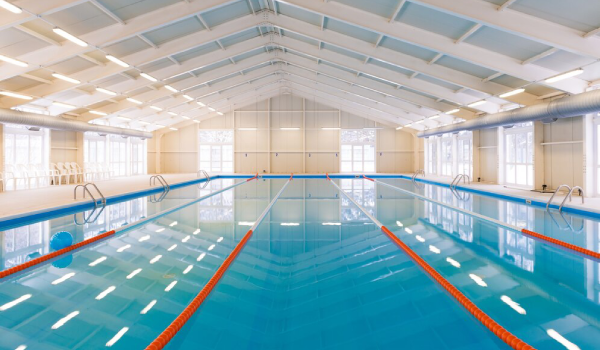
Competition Pool

Kid’s Pool
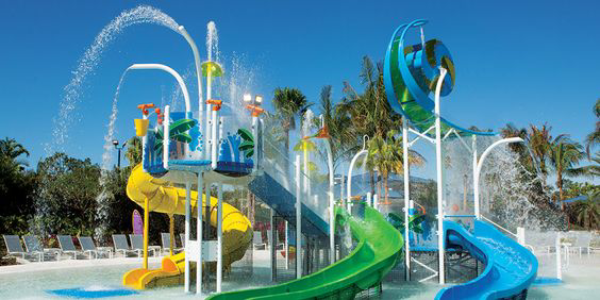
Splash Pool
Semi Public
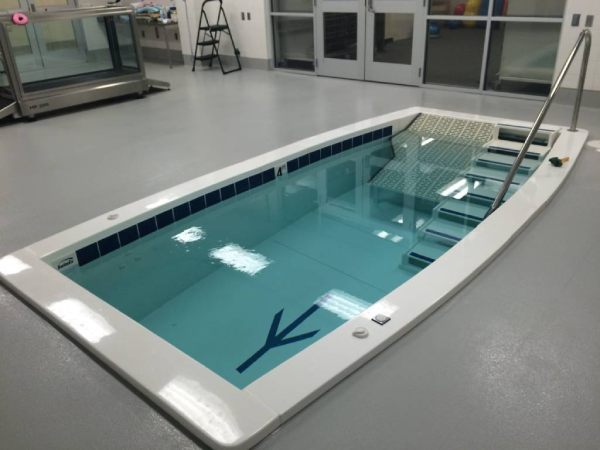
Hydrotherapy Pool System

Aqua Aerobics System
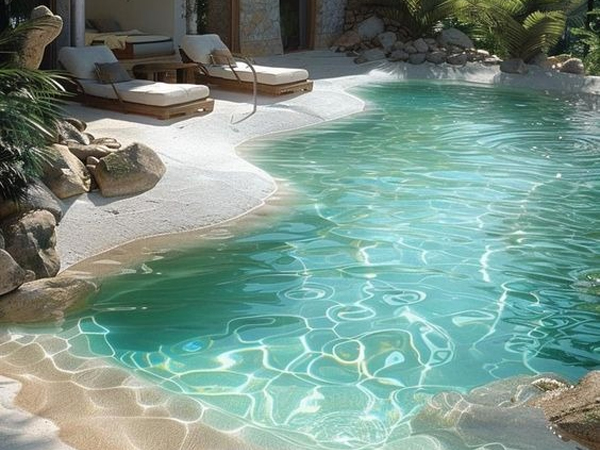
Architecture Pool Features
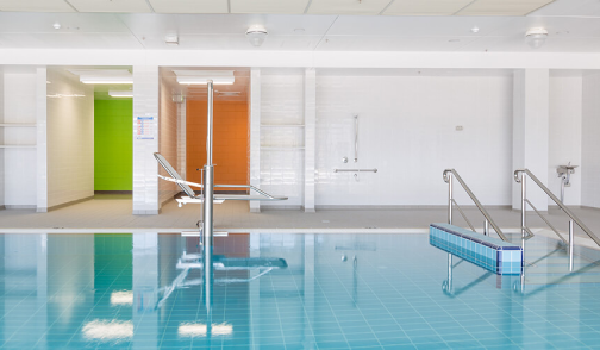
Rehabilitation Swimming Pool
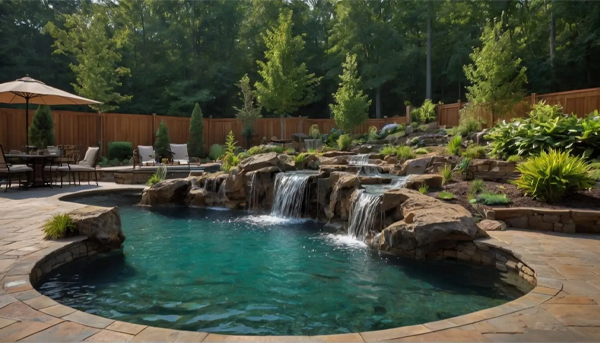
Theming Pool
Private
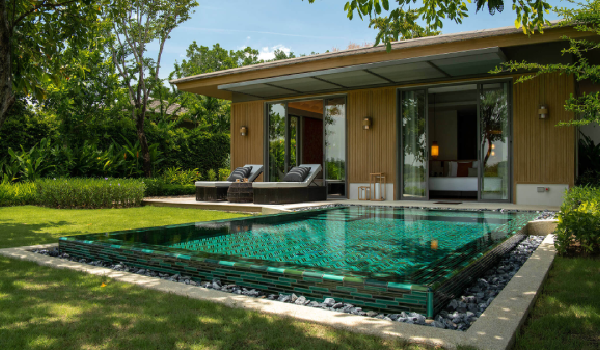
Villa Backyard Pool
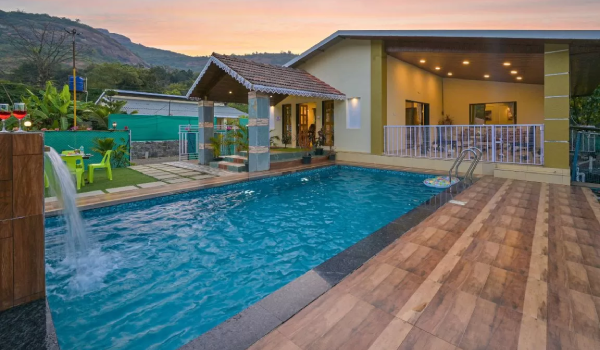
Farmhouse Pool

Terrace Pool

Infinity Pool
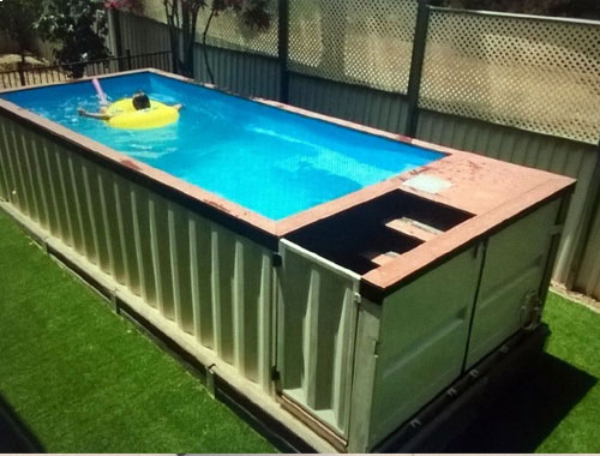
Ready-Made Pool
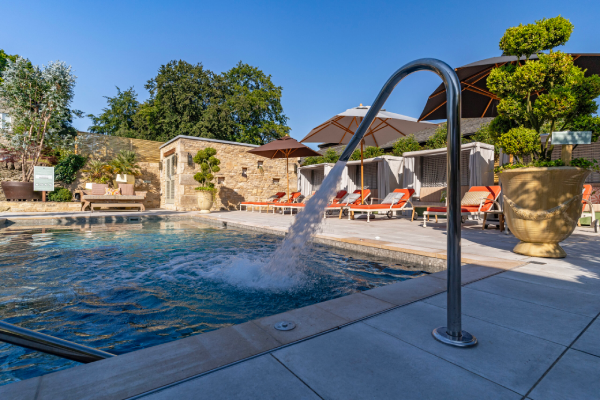
Vitality Pool System
